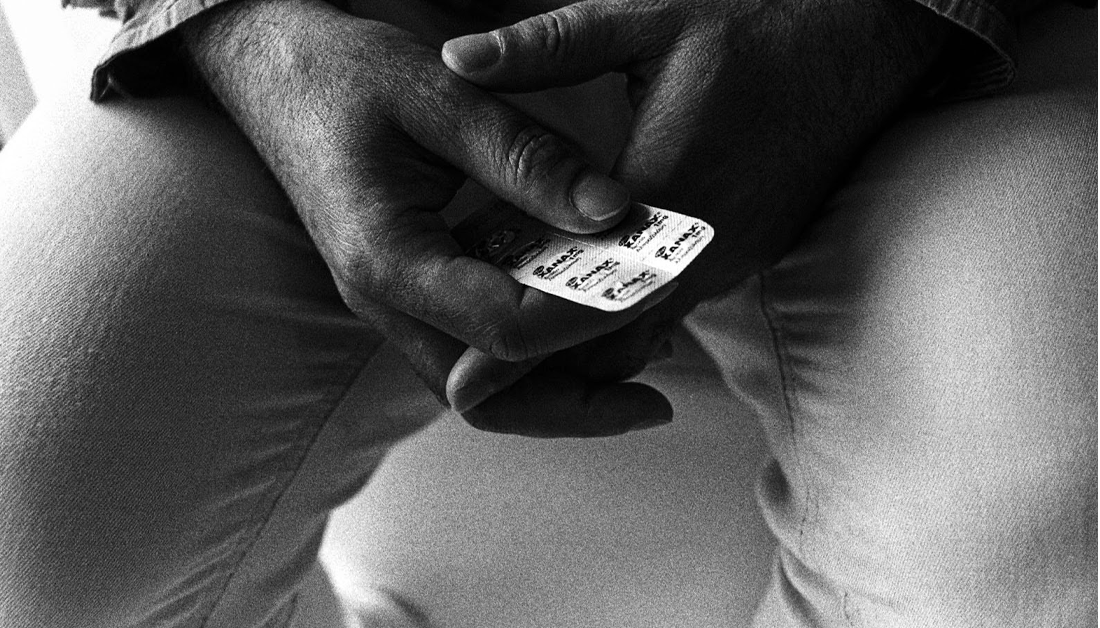Among the risks associated with the so-called Balkan migration route into Europe, few think of the perils of prescription drugs. Yet doctors seeking to “manage” mental health issues in transit camps are dishing out psychotropic medications with abandon, pushing many asylum seekers into addiction and withdrawal.
This investigation reveals that the careless distribution of tranquilisers and antiepileptics in understaffed camps in southeast Europe is creating a crisis of dependence that hurts — rather than helps — people suffering from trauma.
Such drugs require scrupulous attention to correct dosages and long-term care. Many are highly addictive and can result in dangerous withdrawal symptoms if people stop taking them abruptly.
Though no medical records exist on the topic, the freelance journalists were able to talk to dozens of activists, doctors and migrants across a range of countries, including Greece, Serbia, Bosnia and Herzegovina and Italy.
“The doctor prescribed Xanax even though I had not asked for any help,” one migrant interviewed by the team said. “I was fine. I didn’t know what that medicine was. I tried taking it and slept a lot.”
The investigation showed that for many people on the Balkan route, psychotropic drugs serve as soothing agents, allowing them to forget for a few hours traumatic events and violence suffered in their home countries or at Europe’s borders.
The most widely distributed drugs are opioid-based pain relievers, anxiolytics and antiepileptics, the journalists found. Prescriptions are written in languages patients don’t understand and are often given simply to keep people quiet and avoid brawls in overcrowded camps.
Such distribution also creates a drug-dealing circuit, helped by the fact that many pharmacies in the region don’t ask for prescriptions before selling controlled medicines.
People who develop addiction to the most widely distributed drugs, such as anxiolytics and antiepileptics, are more likely to get hurt or die crossing natural obstacles along the journey. Rivers, cliffs and even railroad crossings become even more dangerous for those who face them in a mind-altered state.
The team comprised freelance journalists Linda Caglioni, Lucrezia Lozza and Lavinia Nocelli.
